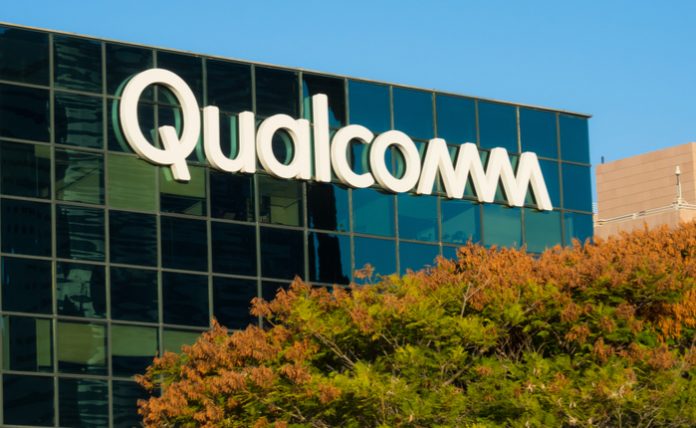Ostensibly undaunted by serious supply chain problems in the global economy, chip innovator Qualcomm is announcing a revolutionary partnership with BMW to produce a line of Snapdragon Ride™ auto intelligence chips for driver assistive services and driving automation.
A new press release unveiling details about the project show a “vision system on chip (SoC)” and “car to cloud service platform” that are part of Qualcomm’s collaboration implementing new types of smart systems in BMW vehicles.
“Our goal has always been to offer automakers an open, comprehensive and transformative platform that encompasses semiconductor, software, stack, systems and services,” said Nakul Duggal , senior vice president & GM, automotive, Qualcomm Technologies, Inc., in a press statement. “We are honored to be selected by the BMW Group to be its ADAS technology partner for computer vision stack, vision SoC and ADAS central compute controllers, and we look forward to joint development and deployment of these products.”
All of this sounds impressive – however, the backdrop for this ebullience involves a major global shortage of microprocessors across the entire industry, and recent news indicates that’s not going away anytime soon.
John Loeffler at Techradar reports on news from Taiwan’s TSMC, a company that delivers chips to Qualcomm.
“The semiconductor shortage will definitely extend well into 2022 after the chip provider for some of the largest tech companies in the world said that production will struggle to meet the soaring demand for its products,” Loeffler writes October 14. “In an online conference this week, TSMC CEO Dr. C.C. Wei said that TSMC foundry production capacity was still insufficient to satisfy the demand for its chips, especially orders for components used for high-performance computing (HPC) systems and 5G devices using the company’s 5nm process node.”
How do firms innovate in those conditions?
You might imagine that new program announcements should be taken with a grain of salt if supply chains can’t deliver. We’ll be watching the market situation through the rest of this year and early 2022, to see if alleviation of the supply chain shortage can help makers like Qualcomm to implement their dream technologies. Meanwhile, it’s best to diversify in order to shield yourself from hype projects that may not ultimately deliver market value according to what you might expect.










